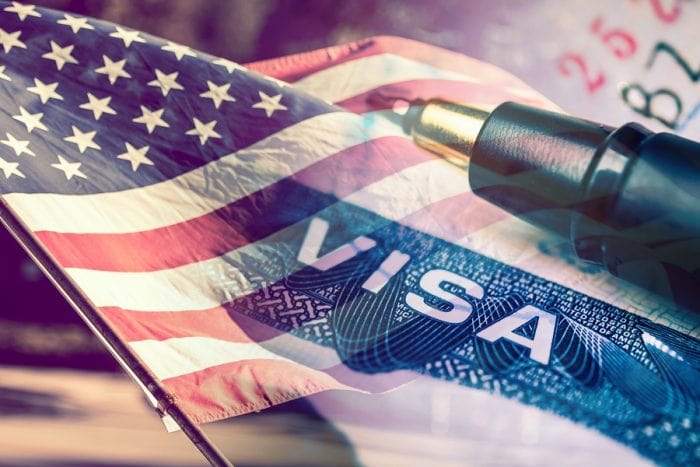Of the top 6 Investor Markets for EB-5 (China, Vietnam, India, South Korea, Brazil, and Taiwan) India has the dubious distinction of placing a distant last in terms of acceptance to the program. It doesn’t have to be that way. The Indian investor is just as qualified, just as desirable to the United States, just as skilled, etc. And the Indian has another huge advantage over the top 6 in that English is widely understood, spoken, and even written.
So why an acceptance rate of only 66% compared to China at 83%? The answer lies totally in the ‘how’. That is to say, the United States Citizenship and Immigration Service has a very strict process for evaluating applicants. It’s straightforward, but it’s tedious. In China, EB-5 has been popular longer than in India and the number of investors has been much higher. This means that the Chinese have had more experience, and an entire industry has sprung up to handle the successful processing of applications. From agents to attorneys the gathering and presentation of information is always in strict compliance with the customs of adjudicators at USCIS.
Not so in India. We have seen so many examples of program promoters, solicitors, and agents that may have good intentions but don’t have the experience required. Many have never even filed an application much less had one approved.
Of particular importance is the origination (source) of the money to be invested. The USCIS criteria ‘not from illegal sources’ seems simple enough, but the reality is that investment funds are analyzed from an historical view that can reach back generations and every transaction along the way has to be precisely documented and verified by official third parties. For example, if an investor is liquidating land owned to fund an investment, it’s not only a matter of providing a deed proving ownership. There must be undeniable validation of the land’s value, how the came by that land, the buyer etc. Further it must be laid out in such a way that the USCIS official reviewing the application won’t send it back with the request for evidence.
At Nysa Global, we have worked with many EB-5 investors without ever an RFE much less a denial. We are very careful in our initial and ongoing due diligence never to accept an investor for which we cannot make an airtight case with a paper trail from India to Washington. We simply cannot imagine doing all the hard work to get an investor filed only to have the application denied. As with any transaction of this magnitude, the investor needs to be sure they are working with top professionals. It’s not only about choosing a safe, qualifying investment…just as important are the experience and track record of the professionals putting the case forward.




